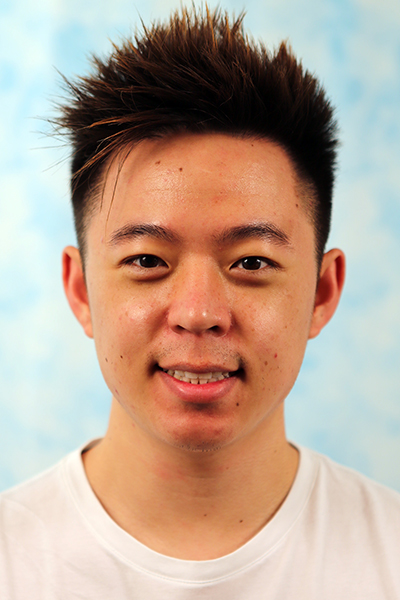
PhD Thesis Proposal
September

Carnegie Mellon University
1:00 pm to 2:00 pm
Abstract:
A central theme in robotics is that of robots interacting with the world through physical contact. Whether it is a walking robot or robotic manipulator picking up an object, such as a spoon, we desire robots that physically interact with their environments. One significant challenge in physical robot interactions involves dealing with frictional contacts. They appear to be nonlinear, discontinuous, and difficult to model. Nevertheless, frictional contact dynamics have a deeper mathematical structure which is the topic of this thesis proposal.
In a hybrid dynamical system with multiple colliding rigid bodies, the mode of the contact points on two colliding bodies may be classified as separating, sticking, or sliding. Given a physical contact model, the active contact modes determine a set of smooth dynamic equations of motion. Moreover, the contact modes form a graph, specifically a lattice ordered by inclusion, with size polynomial in the number of contact points. Naturally, queries about the kinematics or dynamics of the system can be framed as computations over the graph of contact modes.
Motivated by the parallels to factor graphs for robot perception, this proposal originates the novel theoretical framework of contact mode graphs for robot reasoning through contact dynamics. To support this framework, we have created computational algorithms that enumerate the contact mode graph with near-optimal complexity, test for re-enumeration when the system evolves, and optimize mathematical programs over the contact mode graph. Finally, the proposed framework is validated on applications including planning dexterous manipulation. We believe the mathematical and algorithmic tools put forth here will lead to novel approaches for the analysis, simulation, and control of robotic systems that physically interact with their environments.
Thesis Committee Members:
Matthew T. Mason, Chair
Christopher G. Atkeson
Aaron Johnson
Kevin Lynch, Northwestern University